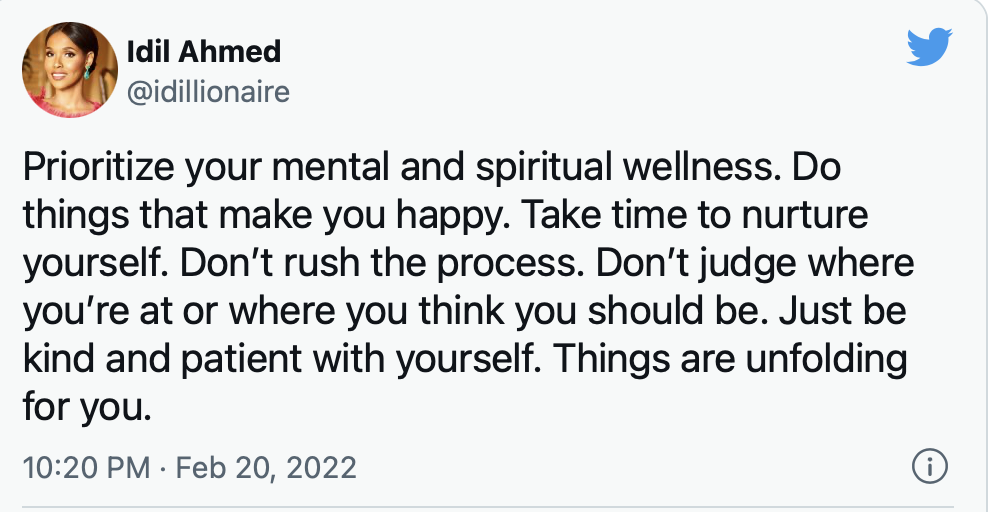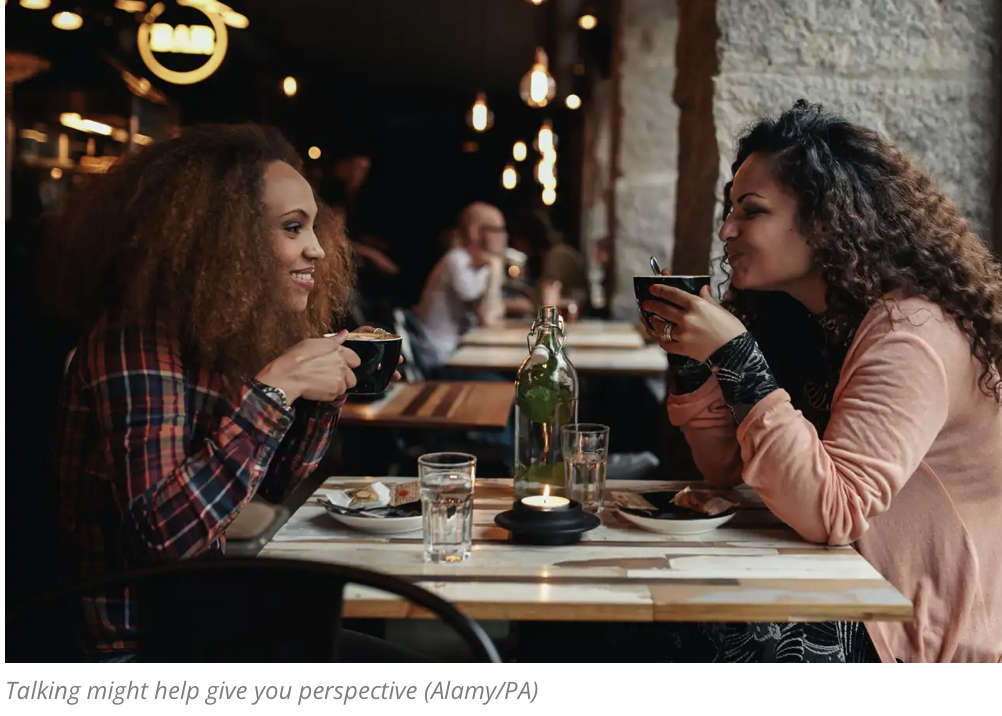
Feeling anxious as we move into a new phase? Prudence Wade asks a psychologist how we can help ourselves cope.
In one of the biggest changes since the pandemic began, anyone in England who tests positive for coronavirus might not be legally obliged to self-isolate.
It comes as part of the Prime Minister’s blueprint for moving out of the pandemic. He says the proposal would be about “finally giving people back their freedom” after “one of the most difficult periods in our country’s history”.
According to the Mail On Sunday, the requirement to self-isolate will be lifted by Thursday. It’s a big shift, particularly as for nearly two years we’ve been trying to avoid Covid-19 – and for some, it feels almost unthinkable you’d soon be able to go about your daily life, even if you’re infected.
Clinical psychologist Dr Jo Burrell from Ultimate Resilience (ultimateresilience.co.uk) talks about the uncertainty we might feel around restrictions changing, suggesting: “Anxiety is the main emotion and difficulty we face, often when there’s uncertainty, because we feel out of control.”
If you’re feeling stressed and anxious about restrictions easing, there are some ways you can mentally prepare yourself for ‘living with Covid’…
Be patient with yourself – and others

“In these times, it’s really important we are patient with ourselves and we give ourselves space and time,” Burrell says. She doesn’t recommend “putting lots of pressure on ourselves to rush into a new way of being” – as that might lead to even more emotional turmoil.
Burrell suggests extending this kindness to other people too. “Although we’ve been through this pandemic together, we’re all facing very specific circumstances, and some people would have a really good reason to feel particularly anxious about the changes,” says Burrell – citing groups such as those with additional health vulnerabilities.
“It’s really important to be patient with ourselves, but also patient with other people. People can be at different stages in relation to change – some people can be in denial, while others are gung ho and really excited about the change. That can create conflict, because we’re all at different places.”
For everyone, Burrell says: “Adapting to change takes time. That’s one of the things I think people don’t really give enough mental space for – when we go through major transitions in life, it takes time for us to adapt and adjust as we take a measure of what the new reality is. During that time, we might be stressed, we might be angry, we might be in denial, we might be excited – we might experience a whole range of different emotions. And that in itself can be quite disconcerting.”
Try not to catastrophise
If you feel nervous about the upcoming changes, you might find yourself slipping into negative thought patterns. “When we’re anxious, we can often overthink – and we can catastrophise, making negative predictions about the future,” explains Burrell.
In these situations, the psychologist urges you to be “realistic about what’s happening now” as that “can be useful, because it stops us from getting into that cycle of negative thinking – which can lead to increased anxiety”.
The first thing to do is notice when “you’re having those thoughts”, she says. “And really trying to stand back from them. When we can be a bit more objective about those thoughts, it can help us then behave in more rational ways.”
Burrell recommends writing down the thoughts you’re having when you feel yourself starting to catastrophise. “Stand back and really try to assess: Is this true? Is there evidence for this thought? Or is there another way of looking at this situation? Because every situation can be interpreted in all sorts of different ways.”
After this, you might be better placed to see if your outlook is making you more anxious or contributing to your stress, she suggests.
Talk to other people

“Sometimes, talking to someone else is helpful,” says Burrell. “When we share those more negative thoughts with other people, they are typically more able to be objective.”
They say a problem shared is a problem halved, and Burrell suggests someone else’s perspective on a situation can be “really helpful in bringing us back to reality a bit”.
Not only this, but it might make you realise you’re not alone – and perhaps someone else is going through the same thing. “When we can accept and recognise other people are experiencing this too, it feels more normal, and it doesn’t feel like we’re the only ones,” she says.

 Five Fantasy Worlds We’d Love To Explore In Real Life
Five Fantasy Worlds We’d Love To Explore In Real Life
 Five Amazing Global Meals To Cure The January Blues
Five Amazing Global Meals To Cure The January Blues
 Five Incredible Spas Around the World
Five Incredible Spas Around the World
 Five Fab Wellbeing UK Destinations Ideal in January
Five Fab Wellbeing UK Destinations Ideal in January
 Five Weird Wellbeing Foods Around The World
Five Weird Wellbeing Foods Around The World